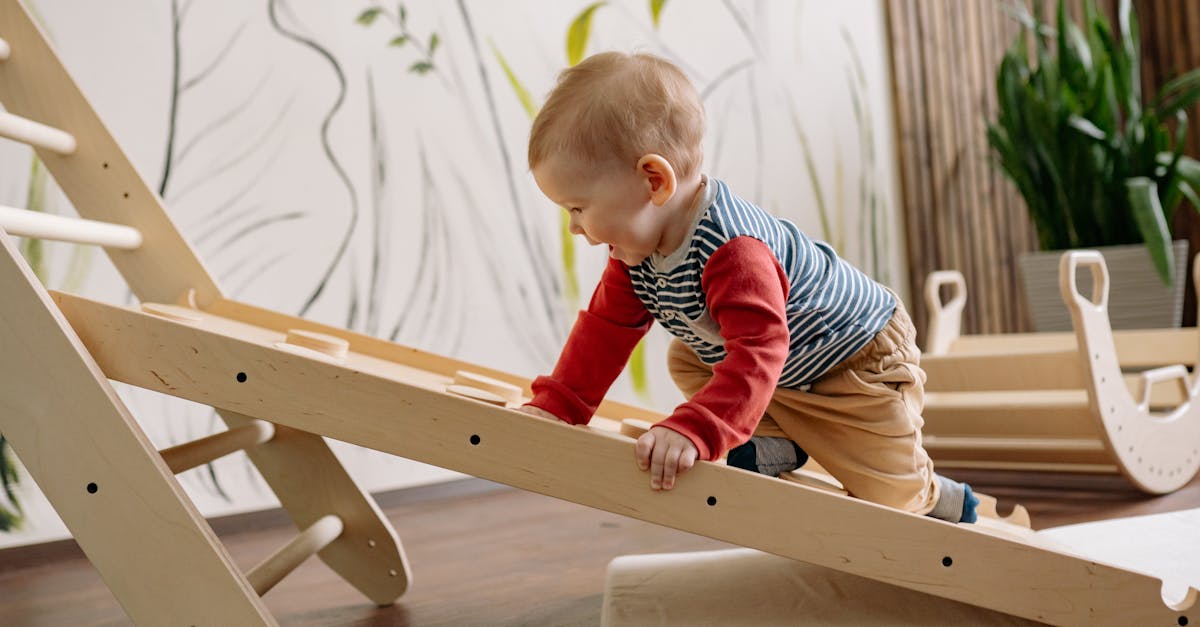Why Routine Matters for Toddlers
Understanding why routine is crucial for your toddler can help build a strong foundation for their growth. Routines provide toddlers with a sense of security and stability, something that’s vital at their developmental stage. It also promotes independence as they start to understand what to expect throughout their day.
Personally, my toddler always sensed when it was snack time, like a mini clock! This consistency can reduce tantrums since they’re less likely to be thrown by sudden changes. So, routines make the day smoother—for both of you.

Creating a Daily Schedule
Now, let’s talk about crafting an effective daily schedule. Start with the basics: regular meal times, playtime, and sleep schedules. For example, breakfast at 8 AM, nap at 1 PM, and bedtime at 7 PM can set a structure. Break the day into manageable chunks with clear transitions. Remember to include downtime; it’s as vital as active time. My little one loves a cozy corner for reading before nap time—it signals a smooth segue from play to rest. Structure doesn’t mean rigidity; it simply lays the groundwork for a smoother day.

Balancing Activities and Rest
Balancing activities and rest is key to a happy and healthy toddler. Include physical activities like playing in the park or simple indoor exercises. Equally important is ensuring proper rest periods with quiet time and naps. This alternating pattern mimics their natural energy cycle and prevents overtiring. I remember how a mid-morning park visit used to set a perfect tone for the day. Mixing active fun with restful periods keeps them cheerful and less prone to those famous toddler mood swings.

Balancing the day:
- Engage in physical activities
- Ensure proper rest and quiet time
- Mix active play with restful periods
Tips to Keep Your Toddler Engaged
Keeping a toddler engaged all day can feel like a circus act, right? Here are a few tips:
- Rotate toys: Keep toys interesting by rotating them regularly.
- Involve them: Include them in simple chores to make them feel helpful.
- Mix activities: Have a combination of solo play and interactive activities.
For example, my toddler loves helping with ‘big tasks’ like watering plants.
Offering a variety of activities is important as it prevents boredom and stimulates different areas of development. A bored toddler is one step away from mischief! Variety sparks curiosity and keeps their little minds busy and happy.

Common Challenges and Solutions
Even the best-laid plans can hit snags. Common challenges include resistance to new routines, exhaustion, and unexpected disruptions.
Plan B for Unexpected Disruptions
When my toddler didn’t nap at the designated time, it threw the evening off. Be prepared for such hiccups and have a Plan B. Flexibility is your secret weapon. If something isn’t working, tweak it rather than scrap it completely.
Communication and Patience
Communicate any change to your toddler with understanding. Patience is key here. Over time, they’ll adjust and so will you.
Remember: Adaptability and patience are crucial when dealing with challenges in routines with toddlers.

Encouraging Consistency and Flexibility
Consistency is crucial, but flexibility shouldn’t be overlooked. Aim for a consistent schedule but be ready to bend when needed. Holidays, family visits, or just those unpredictable ‘toddlerisms’ will require you to adapt. Keeping core routines like meal times and bedtimes unchanged helps but don’t stress over minor deviations. Consistency provides security, and flexibility maintains sanity!
Share your routines, challenges, and tips in the comments. Let’s support each other in this parenting journey!

